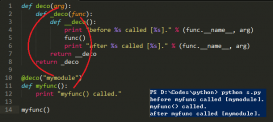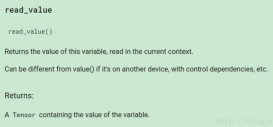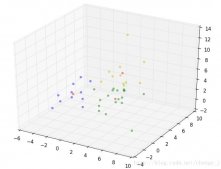Python + OpenCV 直接上代码
|
1
2
3
4
5
6
7
8
9
10
11
12
13
14
15
16
17
18
19
20
21
22
23
24
25
26
27
28
29
30
31
32
33
34
35
36
37
38
39
40
|
import cv2 import numpy as np from matplotlib import pyplot as plt from PIL import Image img=cv2.imread('0002.jpg') #读取图片,装换为可运算的数组GrayImage=cv2.cvtColor(img,cv2.COLOR_BGR2GRAY) #将BGR图转为灰度图ret,thresh1=cv2.threshold(GrayImage,130,255,cv2.THRESH_BINARY) #将图片进行二值化(130,255)之间的点均变为255(背景)# print(thresh1[0,0])#250 输出[0,0]这个点的像素值 #返回值ret为阈值# print(ret)#130(h,w)=thresh1.shape #返回高和宽# print(h,w)#s输出高和宽a = [0 for z in range(0, w)] print(a) #a = [0,0,0,0,0,0,0,0,0,0,...,0,0]初始化一个长度为w的数组,用于记录每一列的黑点个数 #记录每一列的波峰for j in range(0,w): #遍历一列 for i in range(0,h): #遍历一行 if thresh1[i,j]==0: #如果改点为黑点 a[j]+=1 #该列的计数器加一计数 thresh1[i,j]=255 #记录完后将其变为白色 # print (j) # for j in range(0,w): #遍历每一列 for i in range((h-a[j]),h): #从该列应该变黑的最顶部的点开始向最底部涂黑 thresh1[i,j]=0 #涂黑 #此时的thresh1便是一张图像向垂直方向上投影的直方图#如果要分割字符的话,其实并不需要把这张图给画出来,只需要的到a=[]即可得到想要的信息 # img2 =Image.open('0002.jpg')# img2.convert('L')# img_1 = np.array(img2)plt.imshow(thresh1,cmap=plt.gray())plt.show()cv2.imshow('img',thresh1) cv2.waitKey(0) cv2.destroyAllWindows() |
原图:

运行结果:

在水平方向上进行投影,代码如下所示(原理同上):
|
1
2
3
4
5
6
7
8
9
10
11
12
13
14
15
16
17
18
19
20
21
22
23
24
25
26
|
import cv2 import numpy as np from matplotlib import pyplot as plt from PIL import Image img=cv2.imread('C:/Users/Jet Zhang/Desktop/50/50/cut.png') GrayImage=cv2.cvtColor(img,cv2.COLOR_BGR2GRAY) ret,thresh1=cv2.threshold(GrayImage,130,255,cv2.THRESH_BINARY) (h,w)=thresh1.shape #返回高和宽 a = [0 for z in range(0, h)] print(a) for j in range(0,h): for i in range(0,w): if thresh1[j,i]==0: a[j]+=1 thresh1[j,i]=255 for j in range(0,h): for i in range(0,a[j]): thresh1[j,i]=0 plt.imshow(thresh1,cmap=plt.gray())plt.show() |
效果图如下所示:

以上这篇Python实现图像的垂直投影示例就是小编分享给大家的全部内容了,希望能给大家一个参考,也希望大家多多支持服务器之家。
原文链接:https://blog.csdn.net/qq_37053885/article/details/79248986















